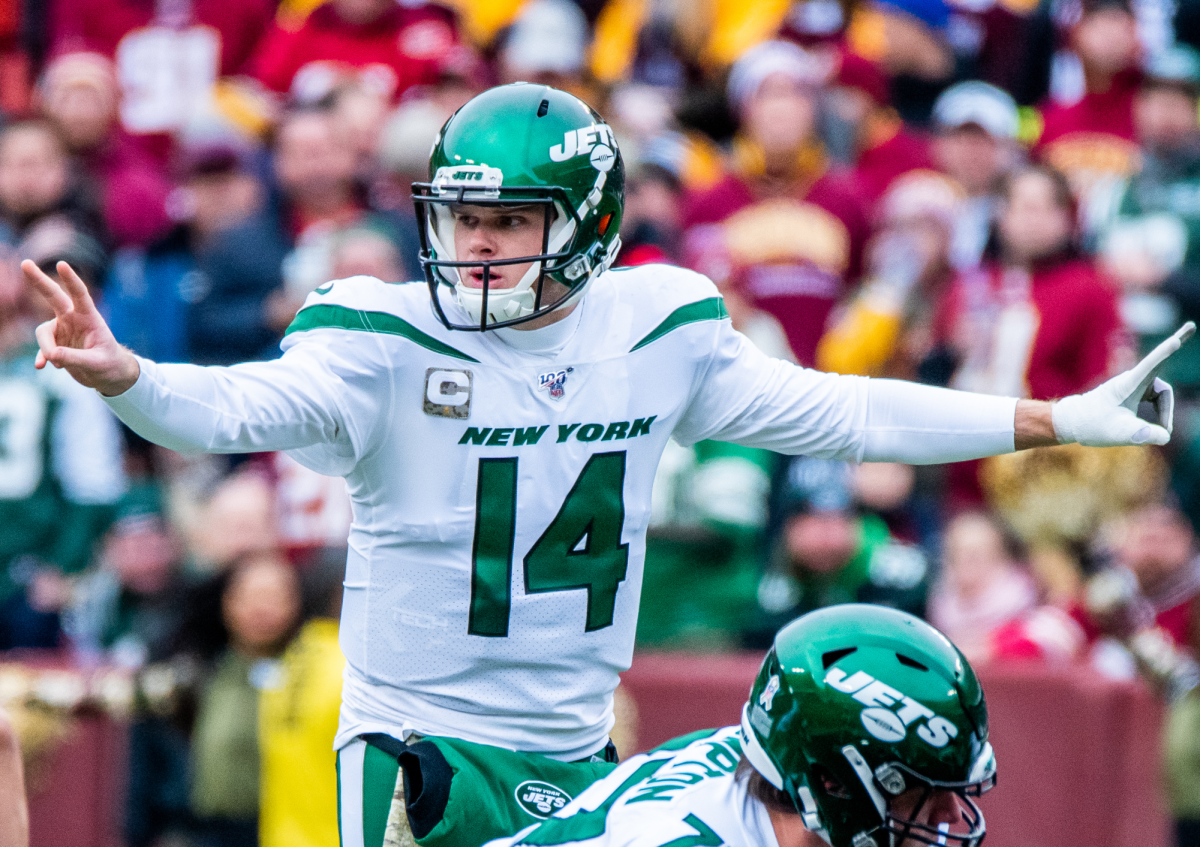Column by Adam Ebel
 Since the advent of computers, many manufacturers have attempted to demonstrate their products’ capability by processing small, interactive pieces of media.
Since the advent of computers, many manufacturers have attempted to demonstrate their products’ capability by processing small, interactive pieces of media.
Originally, video games were designed as small distractions and demonstrations of the emerging capabilities of computing in the 1950s for small esoteric communities.
It was only in the 1960s that people began viewing video games as a consumer product. And it took nearly another decade before major manufacturers took to the idea.
Computers, for the most part, were treated as a tool of industry rather than a toy of consumption.
Soon, as the game development process became streamlined and more available, smaller budget games started flooding the market, often overhyped by their respective platforms.
This “crash” caused most North American game console producers to sell their stock to offshore companies. As a result, the PC gaming community was defined by a lack of central authority, better fidelity and a more competitive software and hardware market.
For these reasons, I generally don’t buy into each successive console generation. I find that I can have a more diverse, higher quality and more controllable gaming experience.
Despite the cut of the PC community into the video game market after 1983, for many, the casual appeal of consoles still remains.
The Japanese market, upon the collapse of the North American game market, began more aggressive expansion. Nintendo pushed its fairly successful Famicom (Family Computer) into the North American market.
To prevent the flood of low quality titles that had crashed the North American market, Nintendo held contractual obligations over its third party game developers, limiting how many games could release per year and ensuring games were “exclusive” to other consoles.
The resulting longer development time and focused technical capabilities helped higher quality titles such as “Super Mario Bros.”
This revived consumption in the North American market, albeit with foreign platforms. The NES “Exclusive” contractual obligations it developed with its game developers ensured its market dominance in most regions.
It wasn’t until the fourth generation of 16-bit consoles that Nintendo lost its market dominance. During this time, Sony was working with Nintendo on a CD add-on for Nintendo, a deal that fell through over management issues.
However, Sony used the ideas and the engineering team from the project to develop the Sony Playstation, the most successful console of the 5th generation.
Nintendo, after the failed project with Sony, would make the Nintendo 64, which still used cartridges.
Despite limitations cartridges placed on game design, the 64 had a few strong launch titles, making it a respectable competition for Sony Playstation. Playstation 2, Nintendo Gamecube and Xbox were all released.
A heated competition has existed between Sony, Microsoft and Nintendo ever since.
If I were forced to declare which would be most suited for the majority of the population, I would choose the Playstation franchise.
It has consistently improved on its products, and generally maintained a good relationship with the gamer community through good design decisions, well acclaimed exclusives and generous business policies.
But each of these consoles has its benefits, and has outlasted its competitors for a reason.
Microsoft and Sony more or less rely on their exclusives. Nintendo Wii is more of a casual franchise, oriented toward more social situations.
The motion mechanics that Nintendo has made the console known for are generally more amusing with a group of friends, somewhat annoying when playing alone.
Playstation and Xbox have done a little to differentiate between one another. According to the tech and culture website,“The Verge,” Microsoft is utilizing the variety of copyrights and experience in other industries to turn Xbox into a multimedia device.
Playstation, in turn, is trying to promote the social aspects of console gaming. That is really a distraction from the main function of these consoles, which is to provide processing power.
In this regard, Playstation and Xbox are by and large the same. So if you insist on buying a console, buy whichever fits your needs more and has the exclusives that you want the most, and you should be fine.
Ebel is a first-year undecided major and can be reached at [email protected]





Leo • Feb 10, 2014 at 6:26 pm
ps franchise is better overall because of the various types of games their systems always get.